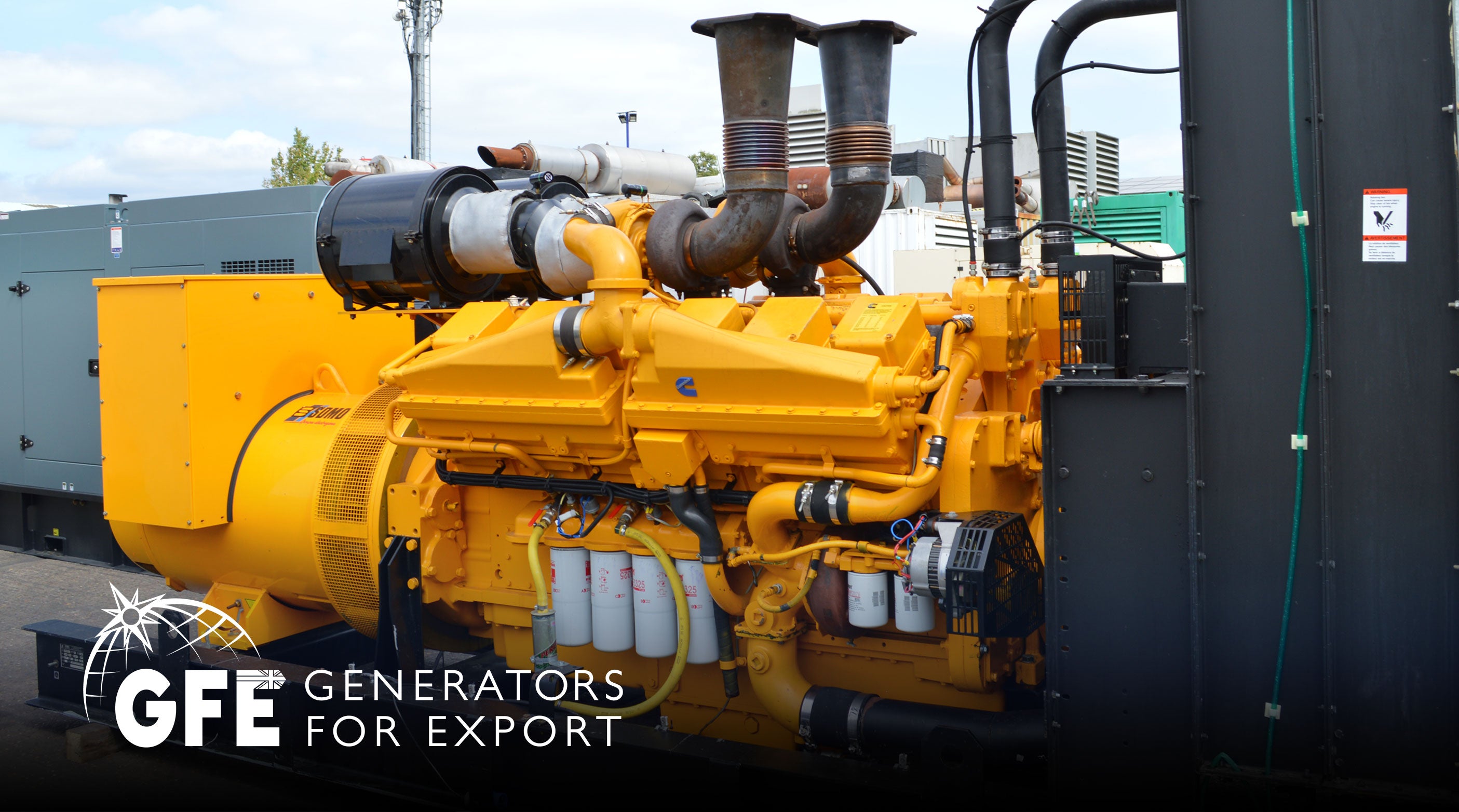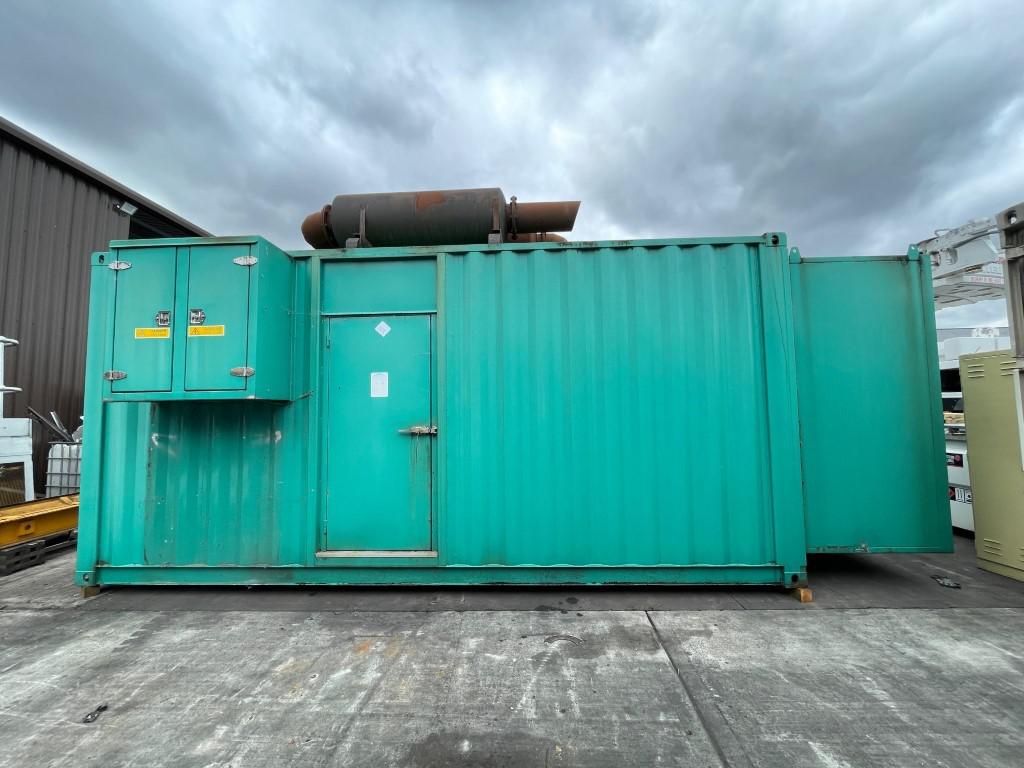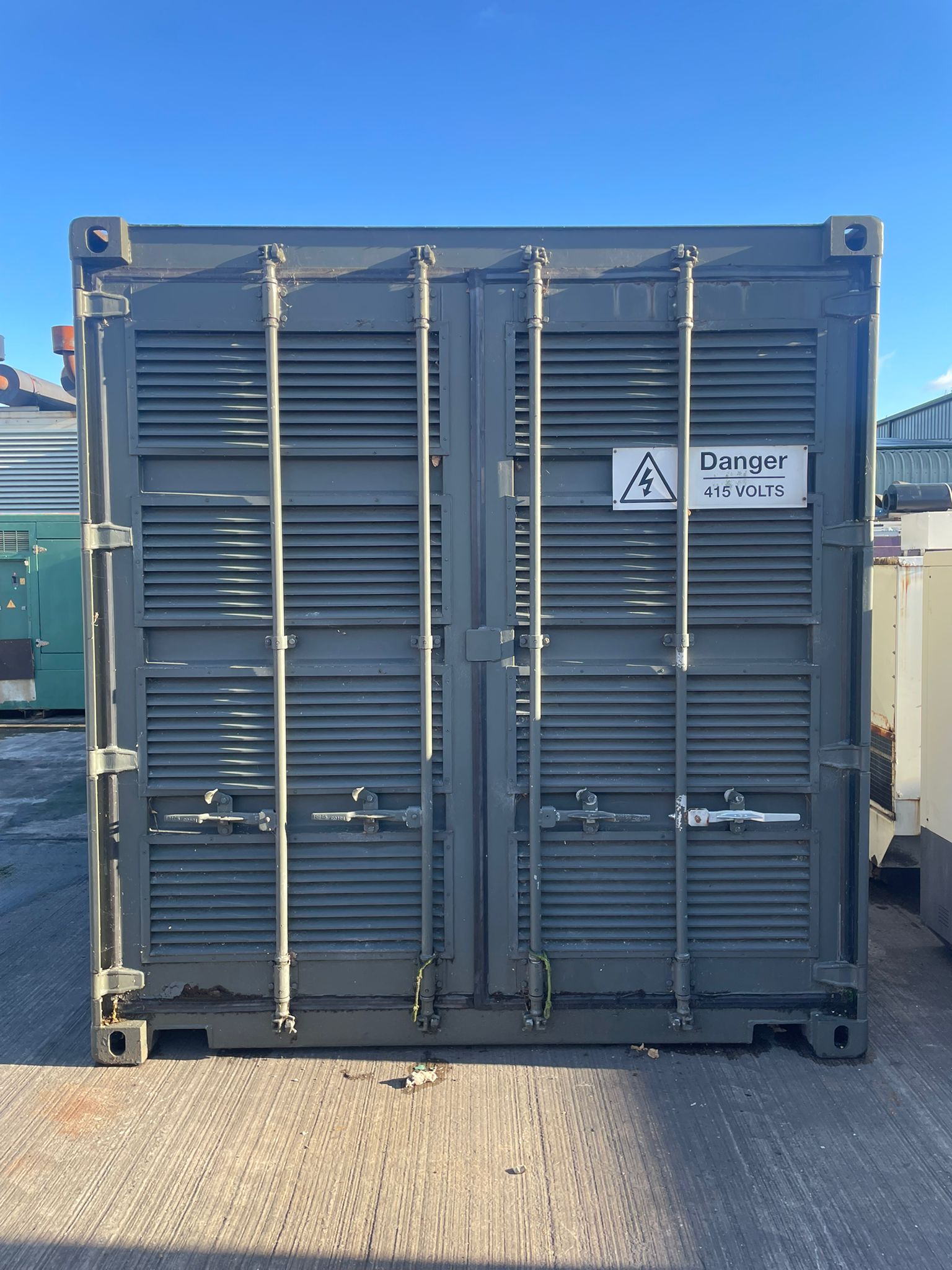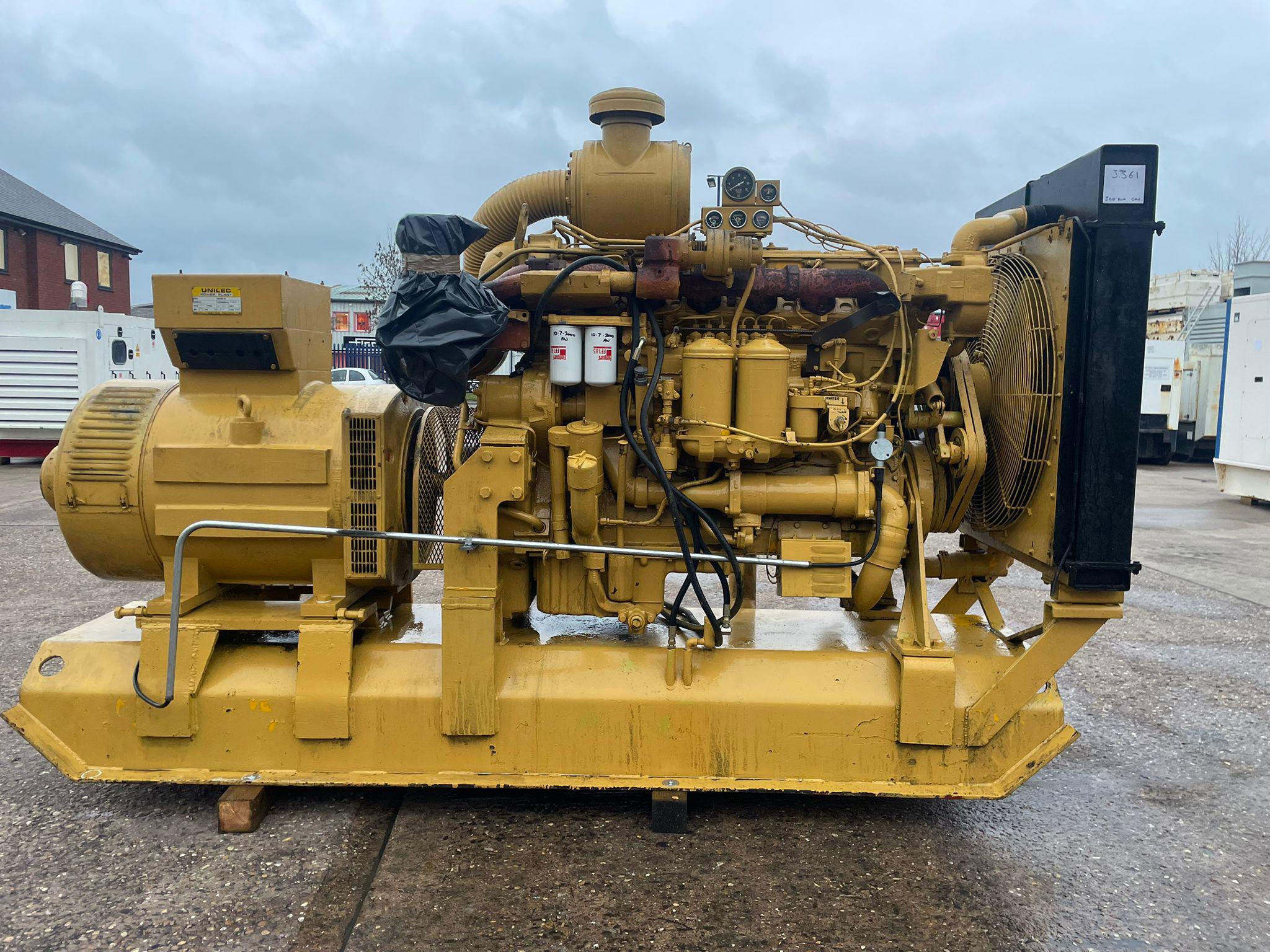Selecting the right generator for your application is a crucial decision that involves considering various factors to ensure you have a reliable and efficient source of power when you need it most.
Whether you're powering a construction site, a remote cabin, or preparing for emergencies, the following steps will guide you through the process of choosing the ideal generator:
- Determine Your Power Requirements: Begin by assessing your power needs. Make a list of all the appliances, tools, and devices that you plan to run simultaneously or individually. Note their wattage or amperage requirements. This information will help you calculate the generator's capacity you need.
- Choose between Portable and Standby Generators: Decide whether you require a portable or standby generator. Portable generators are versatile and can be moved as needed, while standby generators are permanent fixtures that automatically kick in during power outages.
- Calculate Generator Size: Based on your power requirements, calculate the generator's size in terms of wattage. It's essential to choose a generator that can handle the peak load you anticipate. To be safe, select a generator with a slightly higher capacity than your calculations suggest.
- Consider Fuel Type: Generators typically run on gasoline, diesel, propane, or natural gas. Choose a fuel type that's readily available in your area and suits your needs in terms of cost, storage, and environmental impact.
- Runtime and Fuel Efficiency: Evaluate the generator's runtime on a full tank of fuel. A more fuel-efficient generator can provide longer periods of power without frequent refuelling.
- Noise Level: If noise is a concern, look for generators with lower decibel ratings. Quieter generators are essential for residential areas or locations where noise regulations apply.
- Outlets and Features: Consider the types and number of outlets your generator should have to accommodate your devices and appliances. Some generators also offer additional features like electric start, remote monitoring, and fuel gauge for added convenience.
- Brand and Quality: Research generator brands with a good reputation for reliability and customer support. Quality matters when it comes to generators, as they are long-term investments. The Generators For Export team can provide an unbiased opinion on the various generator brands available.
- Budget: Set a budget for your generator purchase, including any installation or maintenance costs. Balance your requirements with what you can comfortably afford.
- Installation and Safety: Ensure that you have a proper location for the generator and the necessary safety measures in place. Standby generators may require professional installation to meet local building codes.
- Maintenance and Service: Generators need regular maintenance to ensure they function correctly when needed. Consider the availability of service and support for the generator brand you choose.
- Warranty: Check the warranty offered by the manufacturer. A longer warranty period can provide peace of mind and may indicate the manufacturer's confidence in their product.
- Read Reviews and Seek Recommendations: Read user reviews and seek recommendations from friends, family, or professionals who have experience with generators. Real-world experiences can offer valuable insights.
- Compliance with Regulations: Ensure that your generator complies with local regulations and emissions standards, especially if you plan to use it in residential areas or environmentally sensitive locations.
In conclusion, selecting the right generator for your application involves careful consideration of your power needs, budget, fuel type, and various other factors. By following these steps and conducting thorough research, you can make an informed decision that ensures you have a reliable source of power when you need it most. The Generators For Export team are here to make your decision easier, get in touch to speak to one of our engineers.
Call: +44(0)1386 553344 | Email: sales@gfe.uk.com






